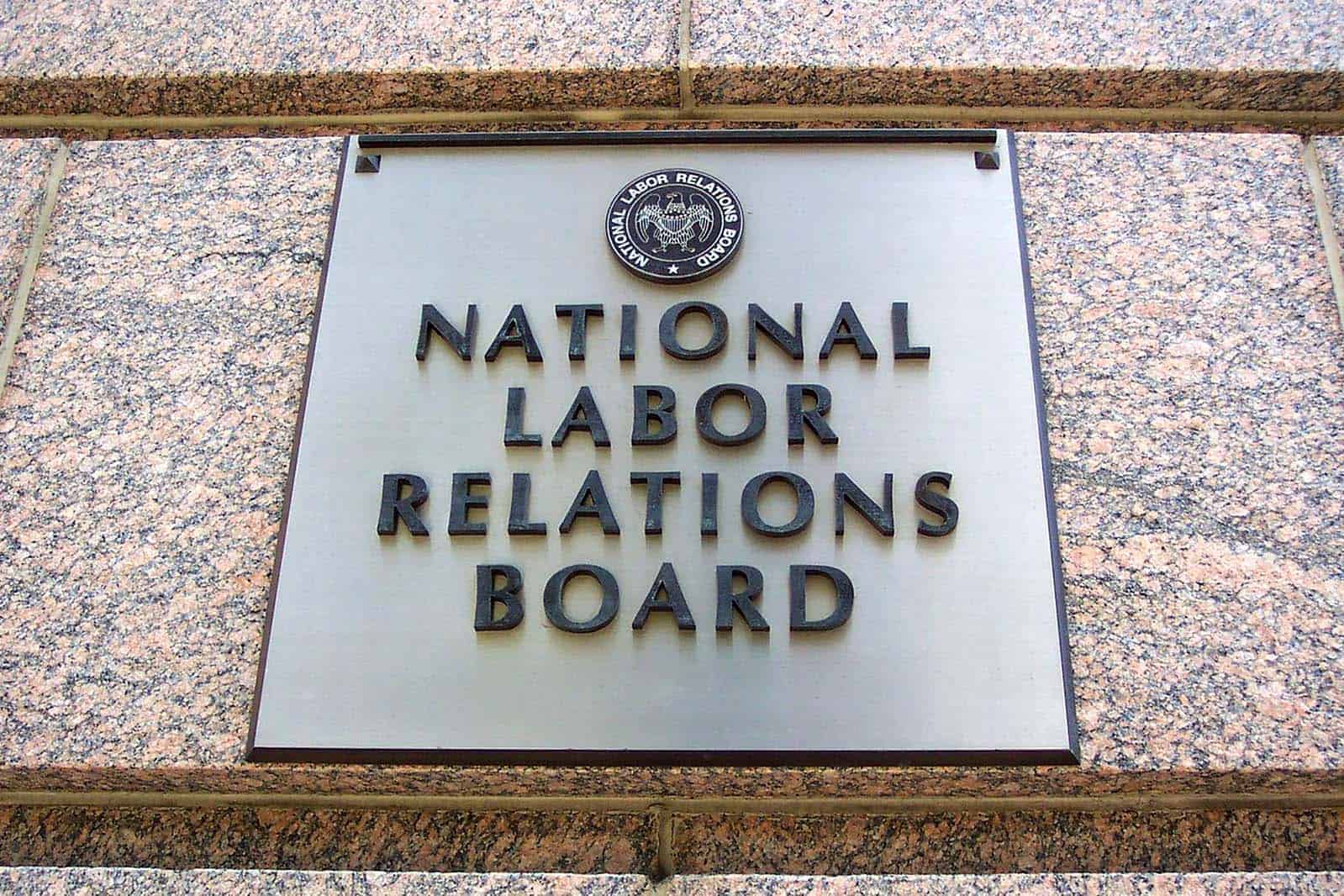
Jason Vazquez is a staff attorney at the International Brotherhood of Teamsters. He graduated from Harvard Law School in 2023. His writing on this blog reflects his personal views and should not be attributed to the Teamsters.
After 18 months of negotiations, direct intervention by the mayor, and a one day strike, over 200 employees at Boston’s renowned Museum of Fine Arts ratified an initial contract on Tuesday. The unit voted in a landslide to join the UAW in 2020, perhaps the most distinguished of the many cultural institutions that organized during the pandemic.
In labor law developments, General Counsel Abruzzo announced yesterday that her office has filed a motion urging the Board to overturn Ex-Cell-O Corp., a 1964 precedent that sharply limits the agency’s remedial powers.
As any labor lawyer is acutely aware, the NLRB’s remedial limitations — a layered doctrinal edifice resting in part on Ex-Cell-O — have long been decried as one of the NLRA regime’s central deficiencies. In Ex-Cell-O, the Board held that it lacks statutory authority to fashion a monetary remedy for violations of the duty to bargain § 8(a)(5) imposes. Such a remedy would be calculated to compensate employees based on the economic gains they would have secured had the employer engaged in the good faith bargaining envisaged by the Act. The Ex-Cell-O holding essentially confined the Board’s remedial arsenal for 8(a)(5) transgressions to the all but useless bargaining order, which merely instructs the employer to do something it was already legally obliged to do, i.e., bargain in good faith.
The General Counsel signaled interest in revisiting Ex-Cell-O in the “stunning” remedies memo she issued in Sept. ‘21. As Professor Sachs observed at the time, Abruzzo would go down as “one of the most consequential GCs in NLRB history” if she manages to convince the Board to do a “fraction of the things” she outlined in her memo. Friday’s motion was a step in that direction.






Daily News & Commentary
Start your day with our roundup of the latest labor developments. See all
January 30
Multiple unions endorse a national general strike, and tech companies spend millions on ad campaigns for data centers.
January 29
Texas pauses H-1B hiring; NLRB General Counsel announces new procedures and priorities; Fourth Circuit rejects a teacher's challenge to pronoun policies.
January 28
Over 15,000 New York City nurses continue to strike with support from Mayor Mamdani; a judge grants a preliminary injunction that prevents DHS from ending family reunification parole programs for thousands of family members of U.S. citizens and green-card holders; and decisions in SDNY address whether employees may receive accommodations for telework due to potential exposure to COVID-19 when essential functions cannot be completed at home.
January 27
NYC's new delivery-app tipping law takes effect; 31,000 Kaiser Permanente nurses and healthcare workers go on strike; the NJ Appellate Division revives Atlantic City casino workers’ lawsuit challenging the state’s casino smoking exemption.
January 26
Unions mourn Alex Pretti, EEOC concentrates power, courts decide reach of EFAA.
January 25
Uber and Lyft face class actions against “women preference” matching, Virginia home healthcare workers push for a collective bargaining bill, and the NLRB launches a new intake protocol.